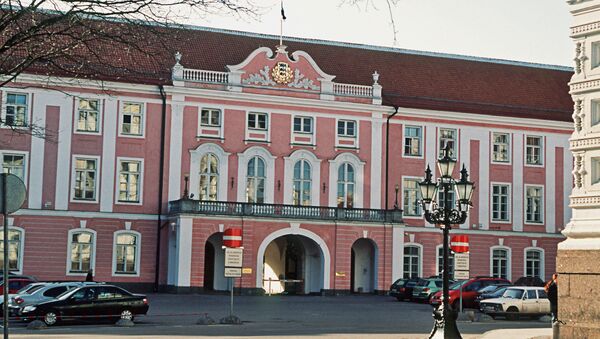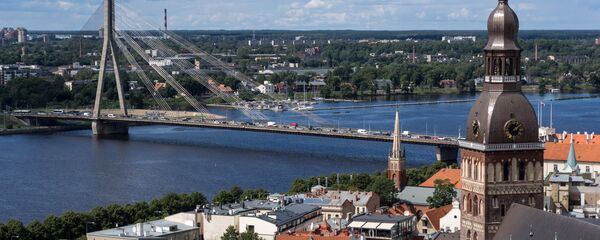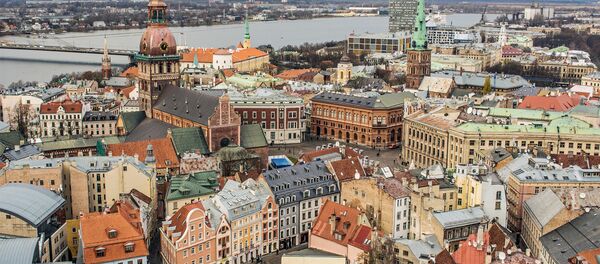The bill, presented for parliamentary deliberation last Thursday, proposes depriving 'immigrants' from non-EU countries (many of them actually ethnic Russians born and raised in Estonia) and Russian-speaking 'non-citizens' of suffrage in local elections slated for October. The bill proposes that only Estonian citizens and the citizens of other EU countries be given the right to vote.
Mart Helme, chairman of the EKRE, said that voting rights for non-EU immigrants and 'non-citizens' served to worsen the effectiveness of local government, because non-citizens supposedly vote for candidates that are 'hostile to the country's indigenous population'.
Estonian authorities distributed controversial and discriminatory 'non-citizen' passports to Russian-speaking residents after the collapse of the Soviet Union. At the time, the measure disenfranchised about a third of the country's population. Since then, many non-citizens have applied for Estonian citizenship. About 100,000 more have obtained Russian citizenship.
About 82,000 non-citizens remain. They have limited civil and economic rights, but do have the right to vote in local elections, provided that they have lived within the territory administered by the local government for 5 years or more. Estonians and EU citizens do not face this limitation.
Non-citizens do not have the right to vote in national elections, nor be elected to serve, locally or at the national level. Their freedom of movement is also limited, because their non-citizen passport is not recognized by most countries around the world. Non-citizens are also restricted in their socio-economic rights, and cannot work in government services, or the legal sphere, or as pilots, air traffic controllers, and in a number of other professions. Due to perceived systemic discrimination, non-citizens' unemployment rate has been consistently higher than that of citizens.
"It's worth noting…the meaning of the term 'immigrant' in the context of the country," the commentator said. "There are for example citizens of Russia, many of whom were born and raised in Estonia. Where they 'immigrated' from is left unsaid. If you put together these 'pseudo-immigrants' and the 'non-citizens', you get a figure of several hundred thousand people. For small Estonia, whose population is barely over 1.3 million, this figure is huge. And it is namely these people who have prevented the ultra-right nationalists from coming to power in recent years."
Ultimately, Barsegyan said that he was confident that the bill would be defeated. "But the very fact of its appearance has revealed the kind of political forces which have matured here in Estonia."
Local elections will be held in Estonia on October 15. All residents, including non-citizens, are allowed to vote, provided that they have reached the age of 16. Estonian citizens and citizens of other EU states, but not non-citizens or citizens of other states, may be candidates for local government, provided they have reached the age of 18.





